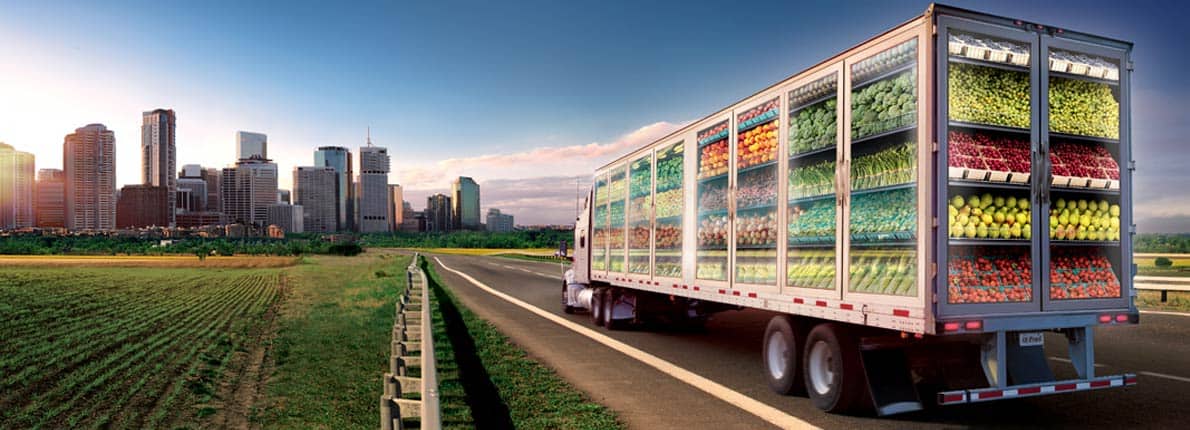Agro-logistics or Agriculture logistics is an important freight requirement in Australia. According to the Australia Bureau of Statistics, Australia has 89,400 agricultural businesses and 384 million hectares of agricultural land, and is one of the most important industries in the country. It’s one of the most significant export industries in Australia too with two thirds of food, fiber being exported overseas which is why agro-logistics is important. With food demand expected to rise along with global population increases, efficiencies in the supply chain is vital. That is why least-cost agro-logistics are important.
From paddock to port, transport of the goods and improving transport efficiencies need to be carried out to ensure that agro-logistics effort stay efficient. From strategic investments in infrastructure to strategic planning, and grass-roots research is vital to understanding what the farmers need to what the final destination customers need as well. With figuring out least-cost agro-logistics options can decided the competitiveness of the market and which types of goods face difficulties and bottlenecks in the supply chain process.
With analysis into the agriculture industry and understanding the concept of agro-logistics along with costs attached it, there will be better way to improve the industry. By understanding the impact of agro-logistical freight costs on farmers, and the process in which goods are transferred from farm to processor, port and/or domestic market or international market and the different processes that take international market into consideration.
As a agro-logisics is a branch of logistics, it handles all sorts of logistical requirements for production (farmers), processing (industry) and distribution (service providers and traders) of vegetable or animal-based products as stated by WorldBank. It plays an important role in global supply as food is one of the primary commodities that people purchase and is a basic requirement. Ensuring that supply and demand are balanced and there is a smooth supply chain is vital to ensuring that products reach the final consumer once it leaves the production milestone.
By ensuring smooth flow of agro-logistics, having the proper infrastructure and warehousing facilities based on the products in question is important. From Silos to temperature-controlled warehouse facilities and more, and not to mention vehicle fleets with similar functions and capabilities is vital to a maintaining the optimum level of quality control to ensure that final delivery is safe and a success.
However, agro-logistics has become increasingly challenging with rising costs for energy and not to mention competition globally. According to a recent study made on the State of Logistics in the Australian Food Industries, it was apparent agro-logistics account for 20%-50% of the total retail or export value. It is crucial that further improvements to the operations will drive up quality as well as increase on the export/retail value.

